Join getAbstract to access the summary!

Join getAbstract to access the summary!
Daniel Goleman and Cary Cherniss
Optimal
How to Sustain Personal and Organizational Excellence Every Day
HarperBusiness, 2024
What's inside?
Learn to harness the “optimal state” — an everyday alternative to the “flow state.”
Recommendation
In the pursuit of high performance, you probably pursue “flow” — the elusive state of peak performance that results from intense focus and immersion in a task. But according to psychologists Daniel Goleman and Cary Cherniss, you’d be better off seeking an “optimal state” — a zone of productivity and engagement that’s more consistently accessible than a flow state. Goleman and Cherniss make a compelling case for strengthening emotional intelligence as the key to achieving and maintaining an optimal state, and, in turn, boosting individual and organizational performance.
Summary
About the Authors
Psychologist and science journalist Daniel Goleman is the author of 13 books on psychology and leadership, including the seminal Emotional Intelligence. Cary Cherniss is Emeritus Professor of Applied Psychology at Rutgers University and an author and consultant. Both serve as co-chairs of the Consortium for Research on Emotional Intelligence in Organizations.









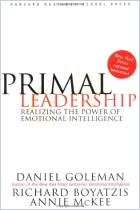
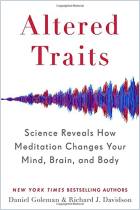
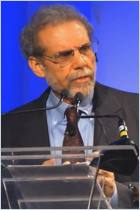
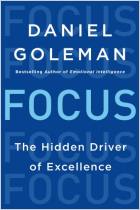
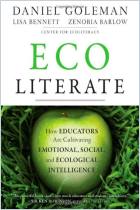
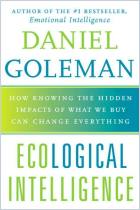
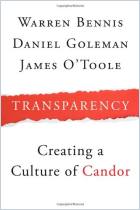
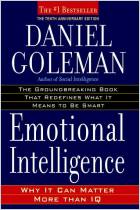
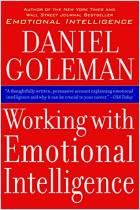

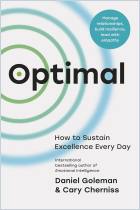


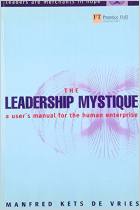






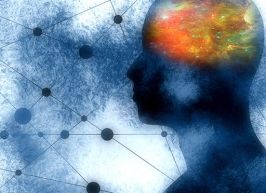

Comment on this summary